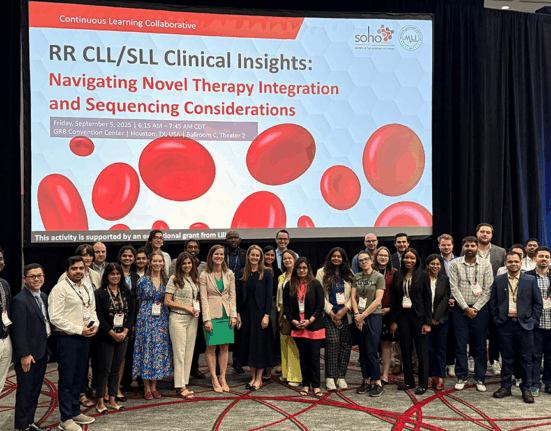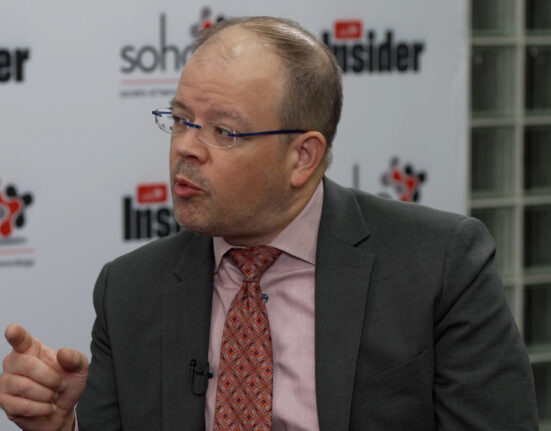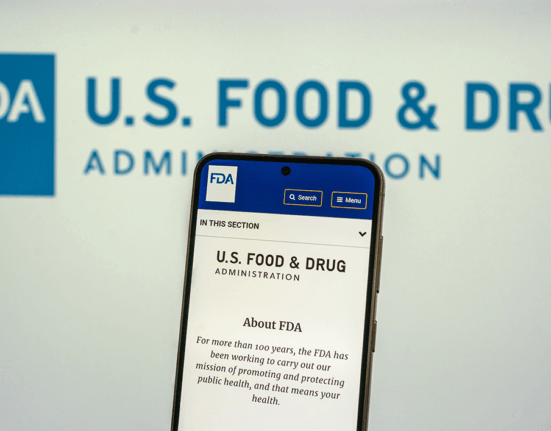By: Kerri Fitzgerald
The final analysis from the phase 2 PILOT study showed that after a median of 18.2 months, response to lisocabtagene maraleucel (liso-cel) was durable and overall survival (OS) was not reached in patients with relapsed or refractory large B-cell lymphoma (LBCL) who are not intended for hematopoietic stem cell transplantation (HSCT).
Alison Sehgal, MD, of the University of Pittsburgh Medical Center, and colleagues published the findings in Blood Advances.
The single-arm analysis included 61 patients treated with liso-cel (median age, 74 years; 89% White) who had received one previous line of therapy, including an anthracycline and a CD20-targeted agent. Patients were not intended for HSCT after meeting one or more transplant-not-intended criteria.
The overall response rate was 80% (n=49), 54% (n=33) achieved a complete response, and the median duration of response was 23.3 months.
Median progression-free survival (PFS) was 9 months, and median OS was not reached; 18-month PFS and OS rates were 43% and 59%, respectively.
Adverse events were consistent with previous reports from the PILOT study. Within 90 days of administration, 79% of patients experienced grade ≥3 adverse events, including 38% with cytokine release syndrome, 31% with neurological events, and 7% with grade ≥3 infections. After 90 days of administration, 18% of patients experienced grade ≥3 adverse events, including one patient with grade ≥3 infection.
Thirty patients in the leukapheresis cohort (n=74) died, mostly due to disease progression (n=24).
The study is limited by the use of only US sites and the lack of ethnic and racial diversity of the study participants.
“These results support liso-cel as second-line therapy for this underserved population of patients with [relapsed or refractory] LBCL not intended for HSCT,” the authors concluded.
This study was supported by Juno Therapeutics and Bristol Myers Squibb.
Reference
Sehgal A, Hoda D, Riedell PA, et al. Lisocabtagene maraleucel for R/R LBCL in patients not intended for HSCT: final results of the phase 2 PILOT study. Blood Adv. 2025;9(15):3694-3705. doi:10.1182/bloodadvances.2024015262







